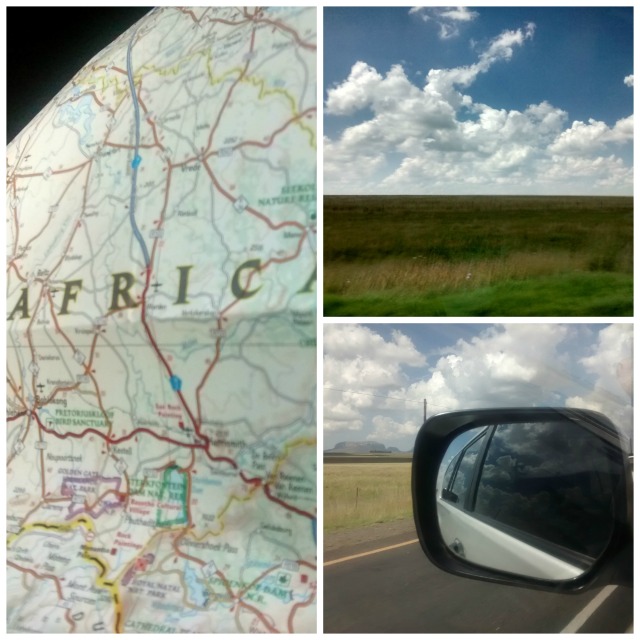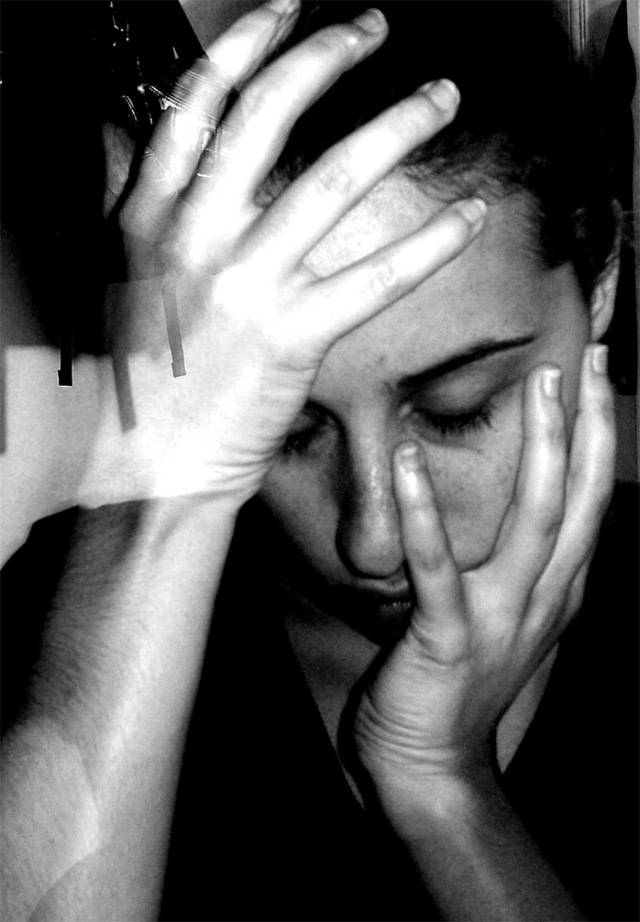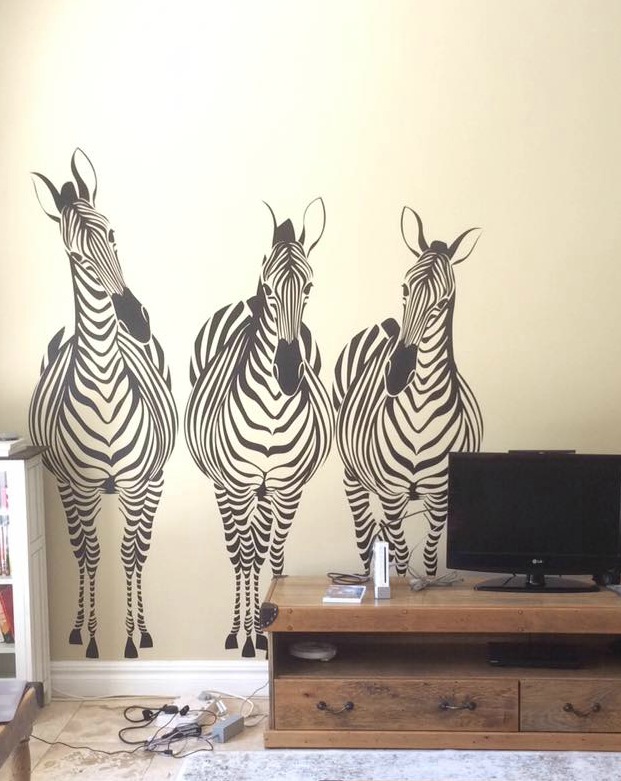The weather is on the turn again, the leaves on the trees in our local park turning bronze and falling to the floor, the hedgerows bursting with blackberries, a nip in the air. And all of this takes me straight back to this time last year when we had just arrived back in England and I was on my own with my two daughters while my husband spent his last few months working in Pretoria.

I can’t believe it has been a year – and yet, when I look back, I feel a strange sense of nostalgia for the time after we had just repatriated.
It was been puzzling me why I have been feeling like this about a time which was, in reality, a bit crazy. On my own I had to unpack more than 150 boxes, find places for everything to go, and then get rid of all the cardboard and packing paper. At the same time, I was seeing my eldest daughter off to a new school and my younger one back to her old one, working out the confusion of a swim schedule which meant rising at 5.20am twice a week to take my daughter to train and then driving them both to various pools in various parts of town, on various nights and weekend days, looking after a confused dog, still freelancing, and dealing with all the usual mini-dramas of running a house (oh what fun we had building the bed and trying to fit the new dishwasher into a space that was too small for it!).
So why do I look back fondly at that strange period in my life when in all honesty I barely knew whether I was coming or going?

Mainly I think because I did it. Yes it was hard (especially the dark early mornings in the dead of winter) but we survived. No-one went hungry, missed their school bus, or got locked out of the house. The dog got walked, the children made friends. The house didn’t fall apart, burn down, or get burgled. I can’t say it was easy but it does strike me how important achievement is to your well-being – and this brings me on to the other point about this post: I have got a job.
It seems somehow symbolic that this job has come almost exactly a year after we returned from living in South Africa. Perhaps this is the time it takes to settle in, re-establish yourself, and get ready for the next adventure. Of course I realise some don’t have the luxury of waiting that long and for some it will take longer to find the right thing, but for me a year is what it took.
I wasn’t really looking, or at least, I wasn’t really looking for the job I have ended up getting. I have been working remotely and/or part-time ever since having children and this has worked best for us as a family. As well as anything else, my husband’s job has always been a bit unpredictable so it has been important to have one parent around for the kids when needed. But they are growing up now and a lot more independent so when I saw a job that was a really close match to my skills, experience, and interests I decided to apply even if it was full-time and meant going to an office every day.
And I got it.
So in a few weeks time my life will change again. I will be working as a communications officer for a local charity, in a job that hopefully I will be able to use the skills gained over a long and slightly eclectic career but in particular from my time as a press officer for the Foreign Office (and as a local journalist, many moons ago). I realise life will get a lot more complicated, there will be a lot more juggling, and I will probably need to be a lot more organised. I suspect that this will be the last blog post I write for a while but I will try and update it from time to time. In the meantime, I will start to prepare for the next phase in my life and try not to freak out too much about going back into the workplace where I will probably feel like a complete dinosaur.
Repatriation isn’t easy and however nostalgic I feel about those early days they were, in reality, damn hard. But here I am a year on, settled in and with a new adventure ahead. So to all of you who have just moved home or are about to, and feeling a bit lost about it all, don’t give up hope. There is life beyond repatriation – even if, at the start, this gets lost in the total mess that is unpacking, settling in, and trying to fit the damn dishwasher.



















